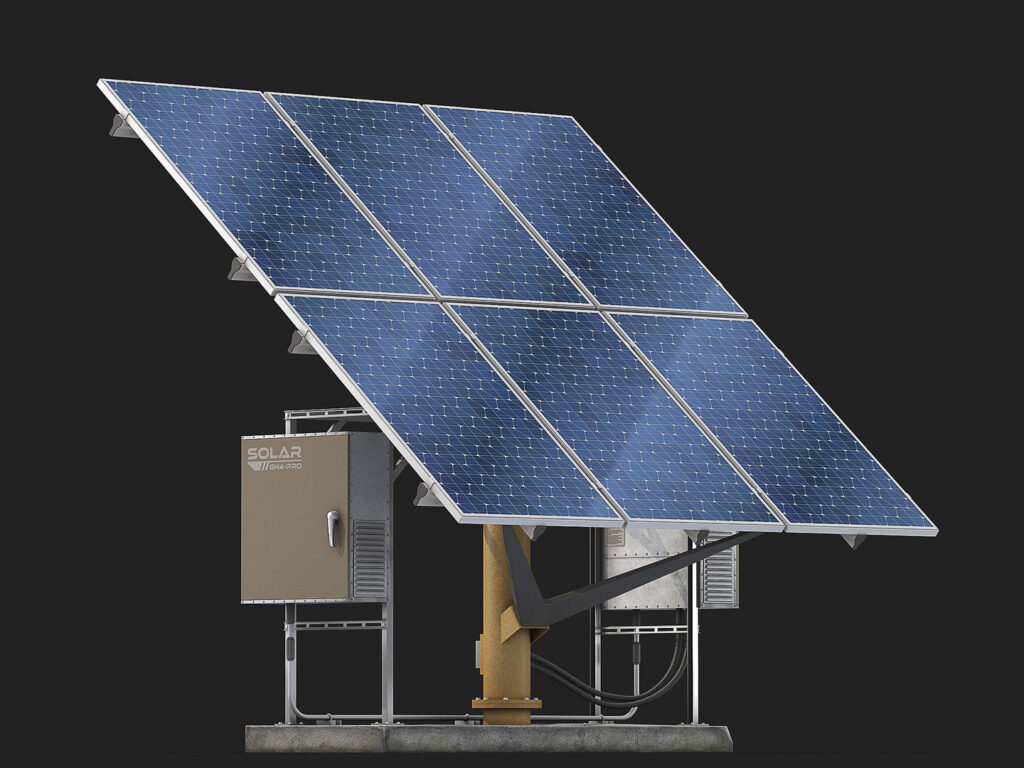1. Energy Storage and Time Shifting:
- Batteries: Solar panels generate electricity when the sun is shining, but this electricity production is intermittent and depends on daylight hours. Batteries allow you to store excess energy generated during sunny periods and use it later when the sun is not shining, such as during nighttime or cloudy days. This concept is known as energy storage and time shifting, and it increases the overall efficiency of a solar system by reducing reliance on grid electricity during non-sunny periods.
2. Increased Self-Consumption:
- Batteries: With a battery storage system, you can increase your self-consumption of the solar energy you produce. Instead of exporting excess solar power back to the grid, which might be compensated at a lower rate, you can store that energy for your own use. This reduces your reliance on grid electricity and can lead to cost savings on your energy bills.
3. Backup Power:
- Batteries: In the event of a power outage, batteries can provide backup power to critical loads in your home or business. This can be particularly important for maintaining essential services, such as refrigeration, lighting, and medical equipment, during emergencies.
4. Grid Independence:
- Batteries: When combined with solar panels and an energy storage system, batteries can enable a degree of grid independence. This is especially relevant in areas where grid power is unreliable or costly. By storing excess solar energy, you can reduce your reliance on the grid and potentially operate off-grid entirely.
5. Power Quality and Grid Support:
- Inverters: Inverters ensure that the electricity generated by solar panels is converted into a form that can be used by your home or business. They also help maintain the quality of the electricity output, ensuring that it matches the grid’s frequency and voltage requirements.
- Advanced Inverter Features: Some inverters offer advanced features like reactive power control, voltage regulation, and frequency support. These features can help stabilize the grid by providing ancillary services and improving the overall resilience of the electricity network.
6. Maximizing ROI and Efficiency:
- Batteries: For homeowners and businesses, investing in batteries can improve the return on investment (ROI) of a solar power system. By maximizing self-consumption and reducing reliance on grid electricity, you can offset the upfront costs of the solar installation more quickly.
- Inverters: Selecting the right type of inverter for your solar system is crucial for optimizing energy production. Microinverters and power optimizers can mitigate the impact of shading and panel mismatches, leading to higher overall system efficiency.
In conclusion, batteries and inverters play essential roles in enhancing the efficiency, reliability, and flexibility of solar power systems. Batteries provide energy storage, backup power, and increased self-consumption, while inverters ensure proper conversion of solar-generated electricity and support grid stability. The combination of these components can lead to more sustainable, cost-effective, and resilient energy solutions.


